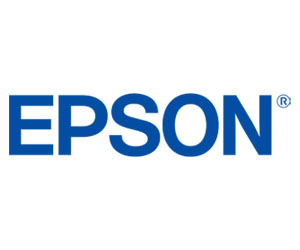1. There Are Scanners for Every Line of Business in Healthcare
Epson’s lineup has scanner solutions for the particular range of needs and scenarios that healthcare organizations face, Yao says.
“For an organization that provides in-home care, there’s a portable scanner that is small and easy to carry around. It has a built-in battery or can be powered by USB and connected to a laptop,” Yao says. “Archiving departments might need a flatbed scanner that can scan larger or more bulky documents and materials.”
Epson also recognizes that the reception desk at a healthcare organization may have to manage several types of documents, so a scanner solution has to be flexible, Yao says.
“The reception desk is a good example of where you need a different kind of flexibility,” he says. “The scanner must be flexible enough to scan different kinds of documents — regular paper, such as for consent forms, but you also need to scan ID cards, insurance cards, forms of different sizes and maybe even thicker items like passports.”
Epson offers a full range of network-connected scanners for photos and graphics, checks, receipts, and a variety of documents.
“Flexible connectivity is becoming more important,” Yao says. “Some healthcare organizations want staff to connect directly to their networks, through Wi-Fi or through an Ethernet connection, instead of plugging into a laptop or a PC.”
READ MORE: Scanners boost efficiency as healthcare undergoes digital transformation.
2. Quality Matters for Healthcare Information
Healthcare organizations may receive documents that are faded, torn or dirty, so it’s important that scanners can fill in where documents are deficient, Yao says.
“There are a wide variety of conditions that a document might be in, and the scanner must be able to handle those documents and still produce high-quality scans,” he adds. “At Epson, we’ve developed image enhancement technology to help make faint lines and writing easier to see.”












